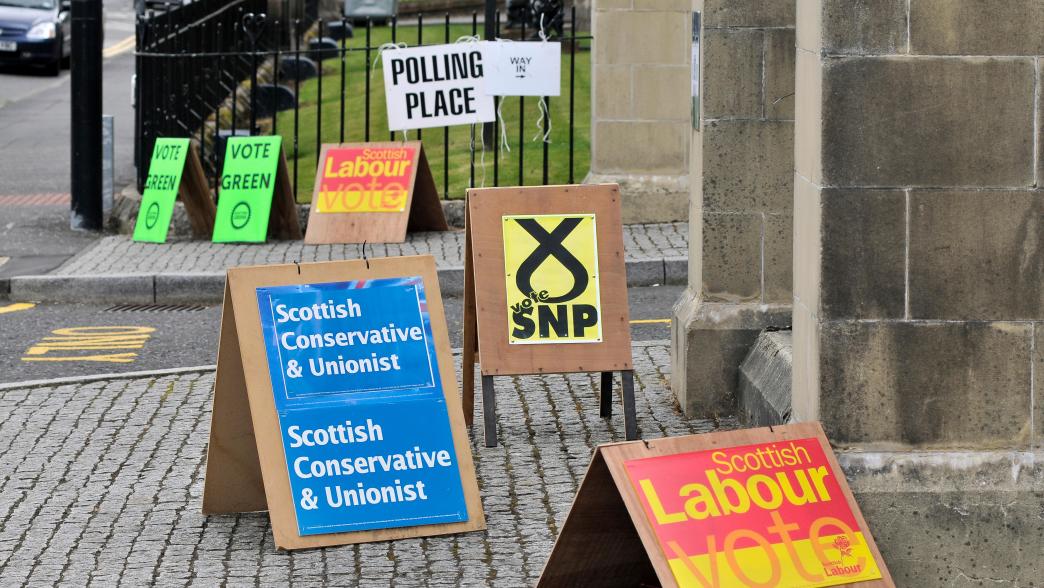Hung parliaments: What are parties' options if a general election returns no clear winner?
Rules governing unclear general election results are loosely defined in the UK.

Despite the recent experiences of the 2010–15 Conservative–Liberal Democrat coalition and 2017 Conservative–DUP confidence and supply agreement, understanding of multi-party government among the UK’s main national political parties is limited.